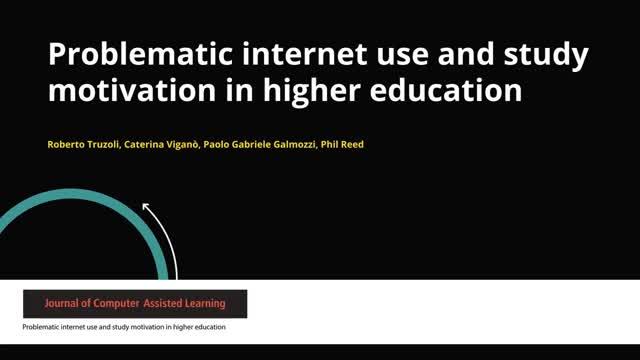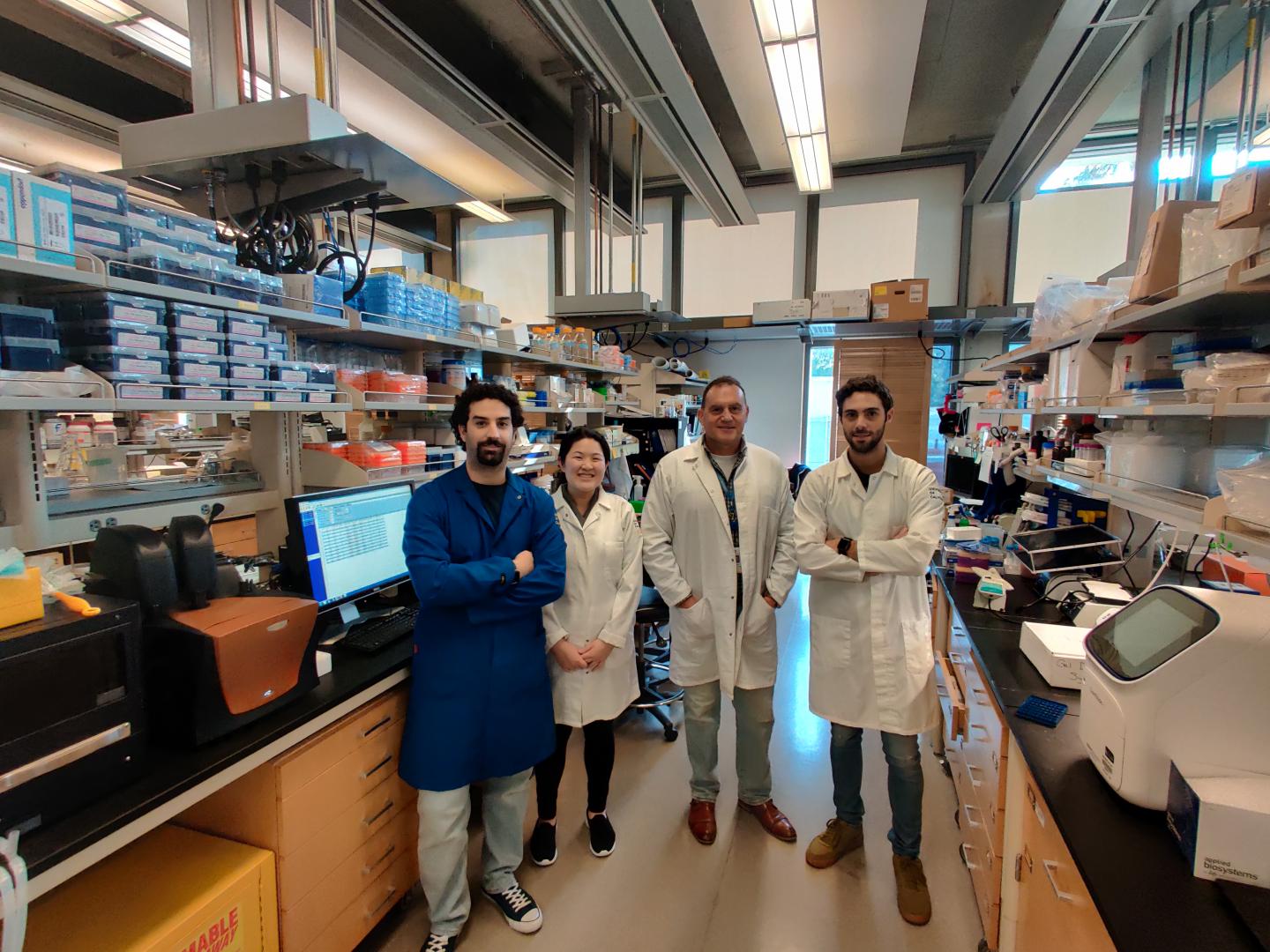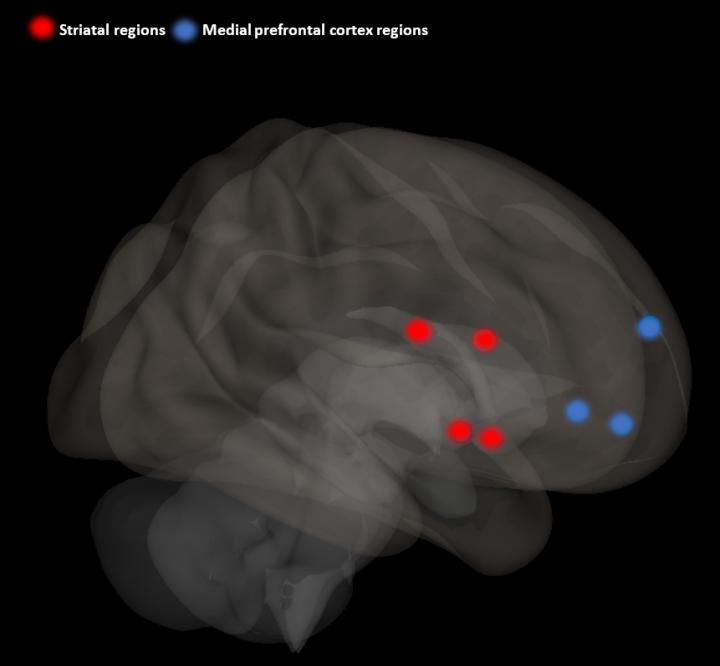Study quashes controversial vitamin C treatment for sepsis with global trial
In 2017 a paper was published asserting that intravenous vitamin C given to patients with sepsis was literally a life saver. Despite the study only looking at 47 subjects the results garnered international coverage and was adopted in many ICUs worldwide. The global burden of sepsis is estimated at up to 19 million cases annually…
Details









